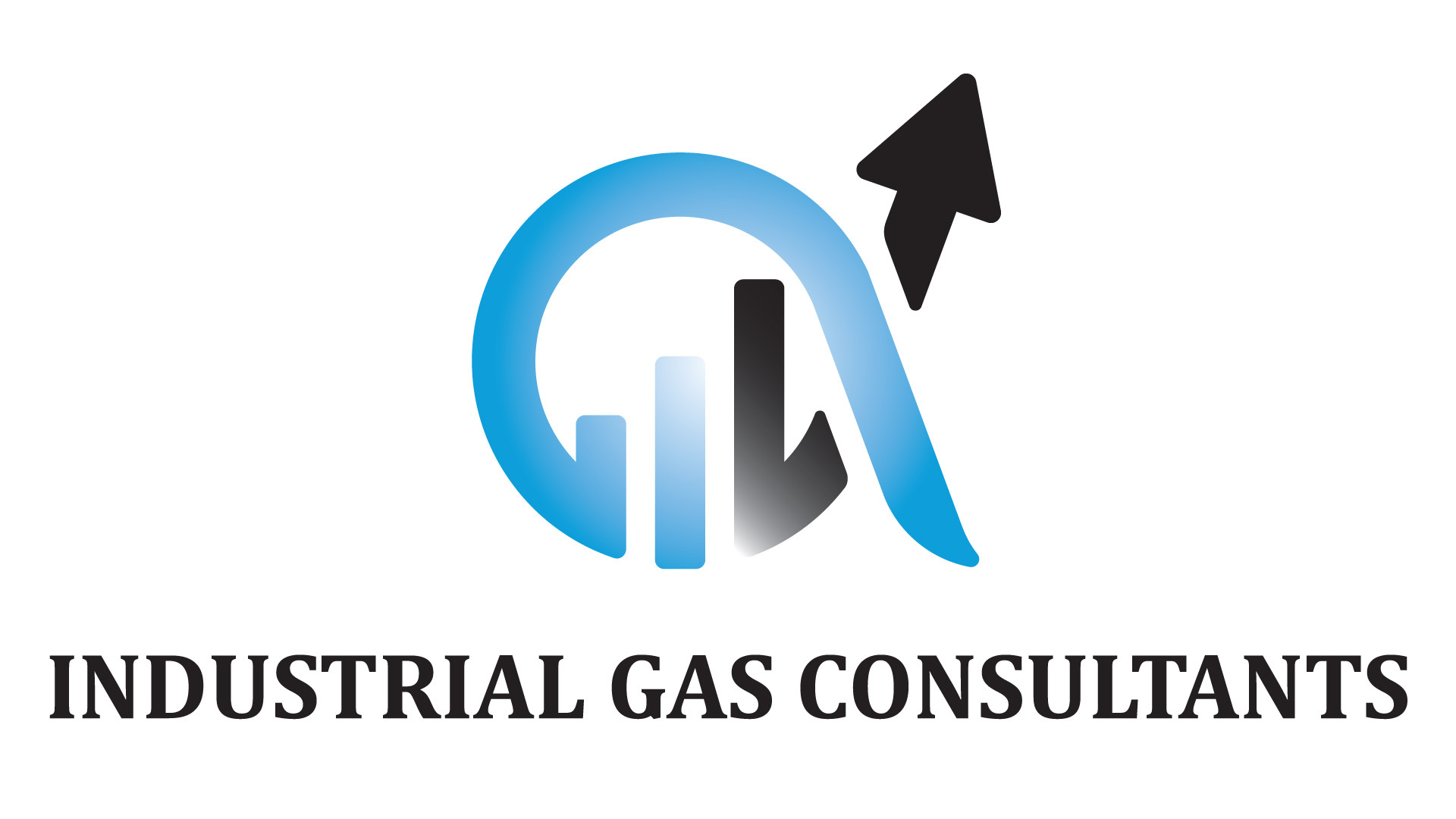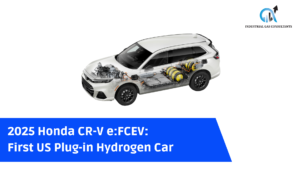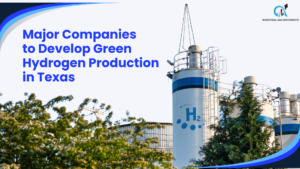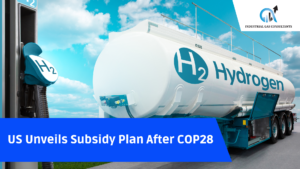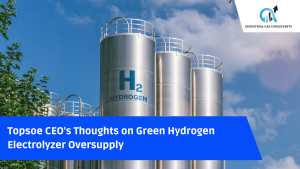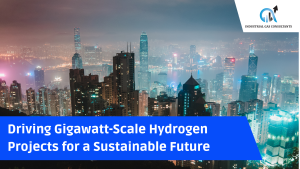The automotive industry is on the brink of a revolution as Honda unveils its latest breakthrough:
The 2025 CR-V e:FCEV, a hydrogen-powered fuel cell electric vehicle (FCEV) equipped with next-generation fuel cells.
With a firm focus on sustainability and the urgent need to reduce greenhouse gas emissions, Honda’s innovation represents a significant step towards a greener future.
Let’s delve into the intricacies of this groundbreaking FCEV and explore the potential impact it can have on the automotive industry and the wider adoption of hydrogen fuel cell technology.
Honda’s 2025 CR-V e:FCEV
At the forefront of Honda’s latest innovation lies the 2025 CR-V e:FCEV.
This vehicle showcases the remarkable capabilities of next-generation fuel cells, which are the heart and soul of this hydrogen-powered FCEV. These advanced fuel cells offer several compelling advantages, including higher efficiency, increased power density, and improved durability.
In addition, the CR-V e:FCEV boasts an impressive driving range and a battery capacity that will undoubtedly rival traditional battery electric vehicles.
Manufacturing and Availability
To support the production of the 2025 CR-V e:FCEV, Honda has established a state-of-the-art manufacturing facility. This facility demonstrates Honda’s commitment to mass production of hydrogen fuel cell vehicles and marks a significant milestone in the transition towards sustainable transportation.
While initially, customer leasing will be available in California, plans are in place to expand availability to other regions, thus unlocking the potential for broader adoption and impact.
Advantages of Hydrogen Fuel Cells
Hydrogen fuel cell technology offers numerous advantages that make it a compelling solution in the pursuit of sustainable transportation. When compared to other fuel cell technologies, hydrogen-powered vehicles exhibit higher energy efficiency and significantly reduced emissions.
Moreover, the only byproduct of fuel cell operation is water, contributing to cleaner air quality and the mitigation of climate change impacts.
Hydrogen fuel cell vehicles also provide the convenience of rapid refueling and longer driving ranges, making them a viable alternative for long-distance travel.
Challenges and Future Outlook
While the potential of hydrogen fuel cell technology is undeniable, a few challenges need to be addressed for widespread adoption.
One such challenge is the infrastructure required for hydrogen refueling stations. Collaboration between policymakers, energy companies, and automotive manufacturers is necessary to rapidly expand the availability of refueling infrastructure.
Additionally, cost considerations must be examined to ensure the affordability of hydrogen-powered vehicles. Continued investments in research and development are needed to drive down costs and make these vehicles more accessible to the masses.
Final Thoughts
By harnessing the power of next-generation fuel cells, Honda is leading the way towards a future where hydrogen fuel cell technology plays a significant role in reducing emissions and combating climate change. The advantages offered by hydrogen-powered vehicles, such as zero emissions, extended driving ranges, and rapid refueling, present a compelling case for their adoption.
However, overcoming infrastructure challenges and cost considerations will require collaboration and innovation from all stakeholders.
As we embrace Honda’s latest innovation, we are reminded of the immense potential of hydrogen fuel cells to revolutionize the automotive industry and contribute to a cleaner and more sustainable future.
